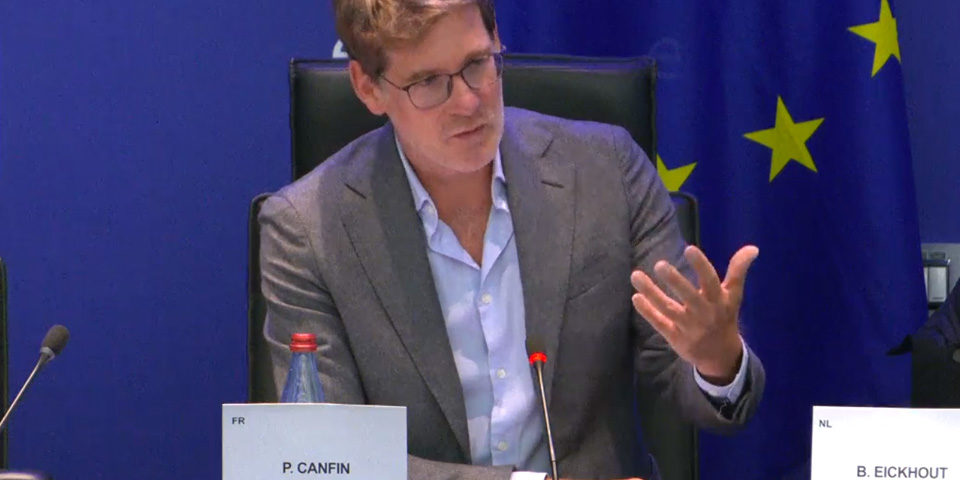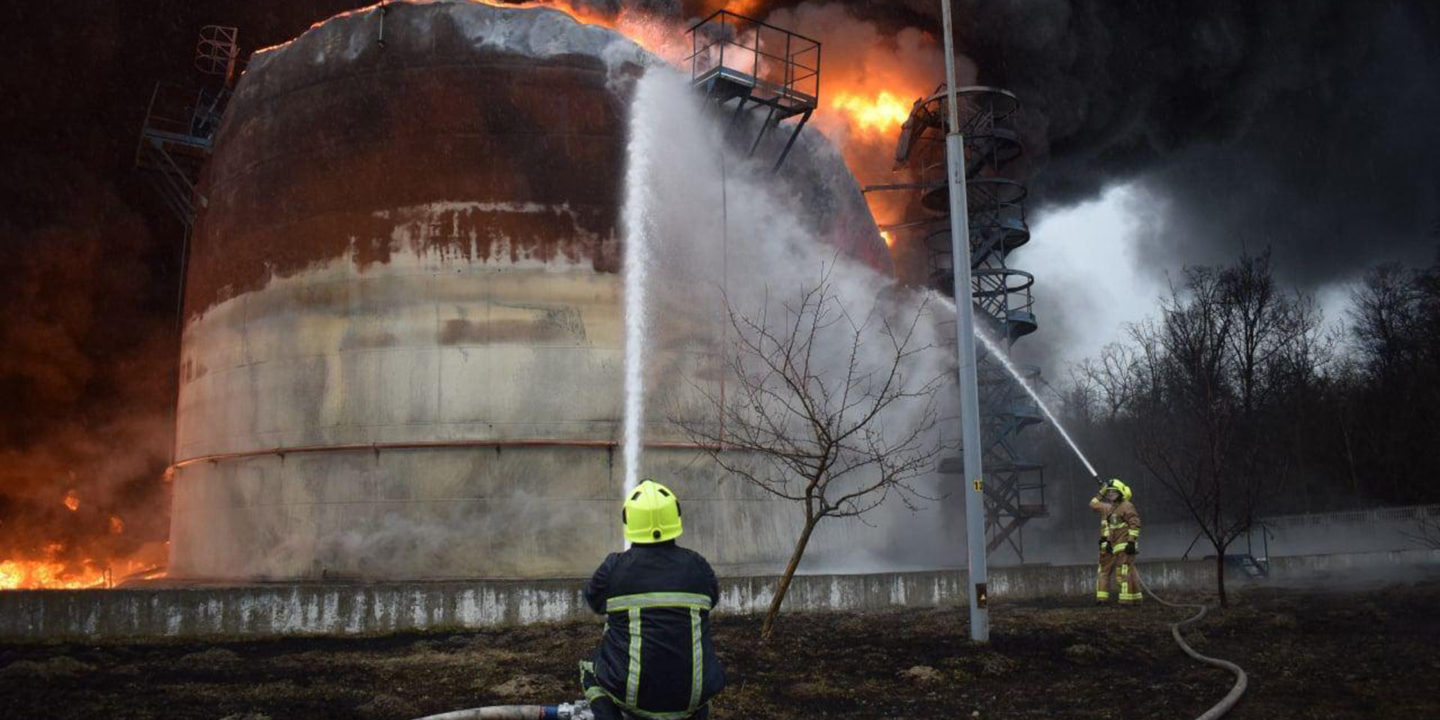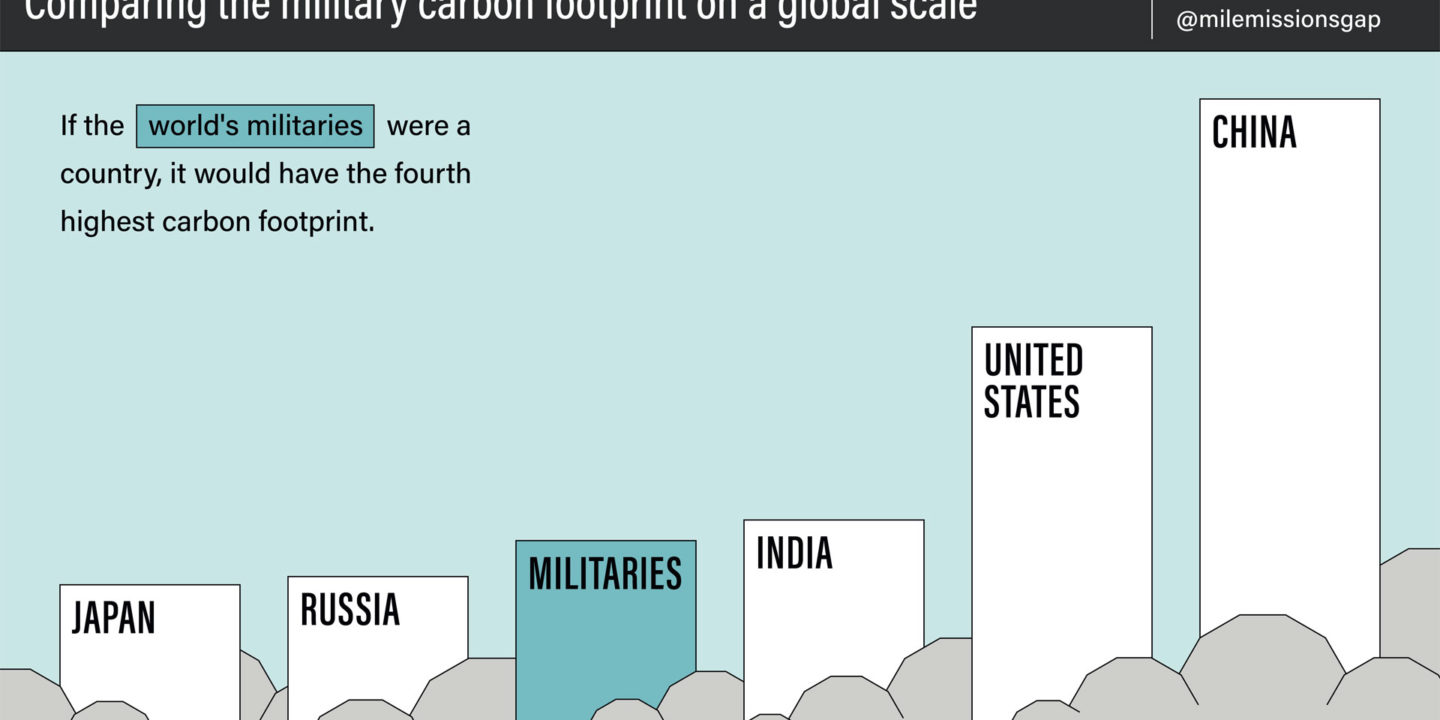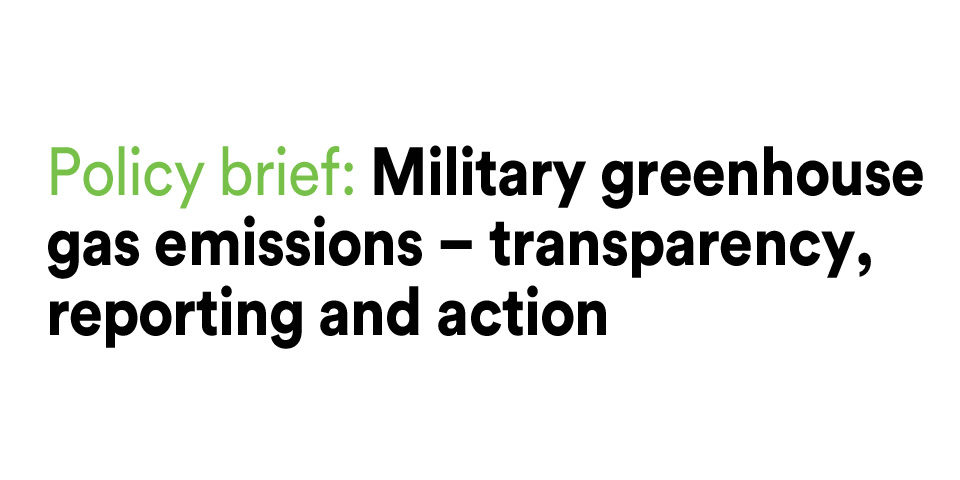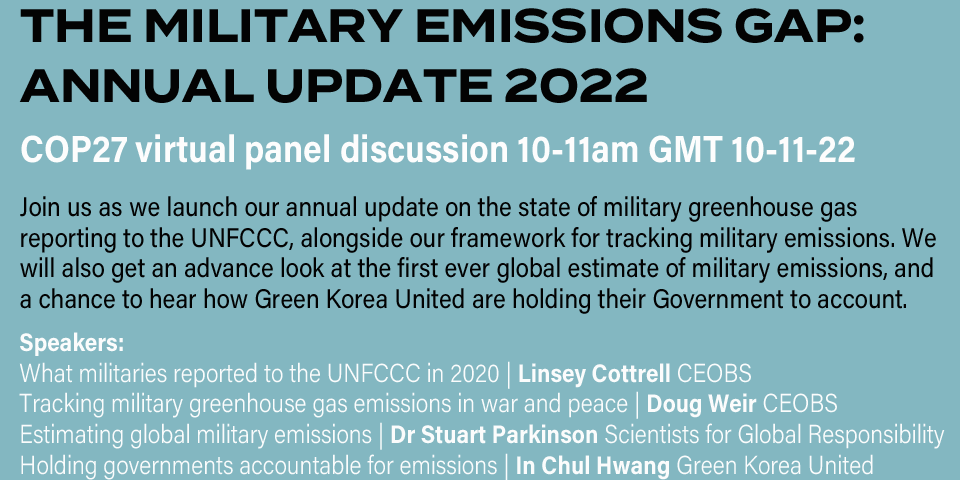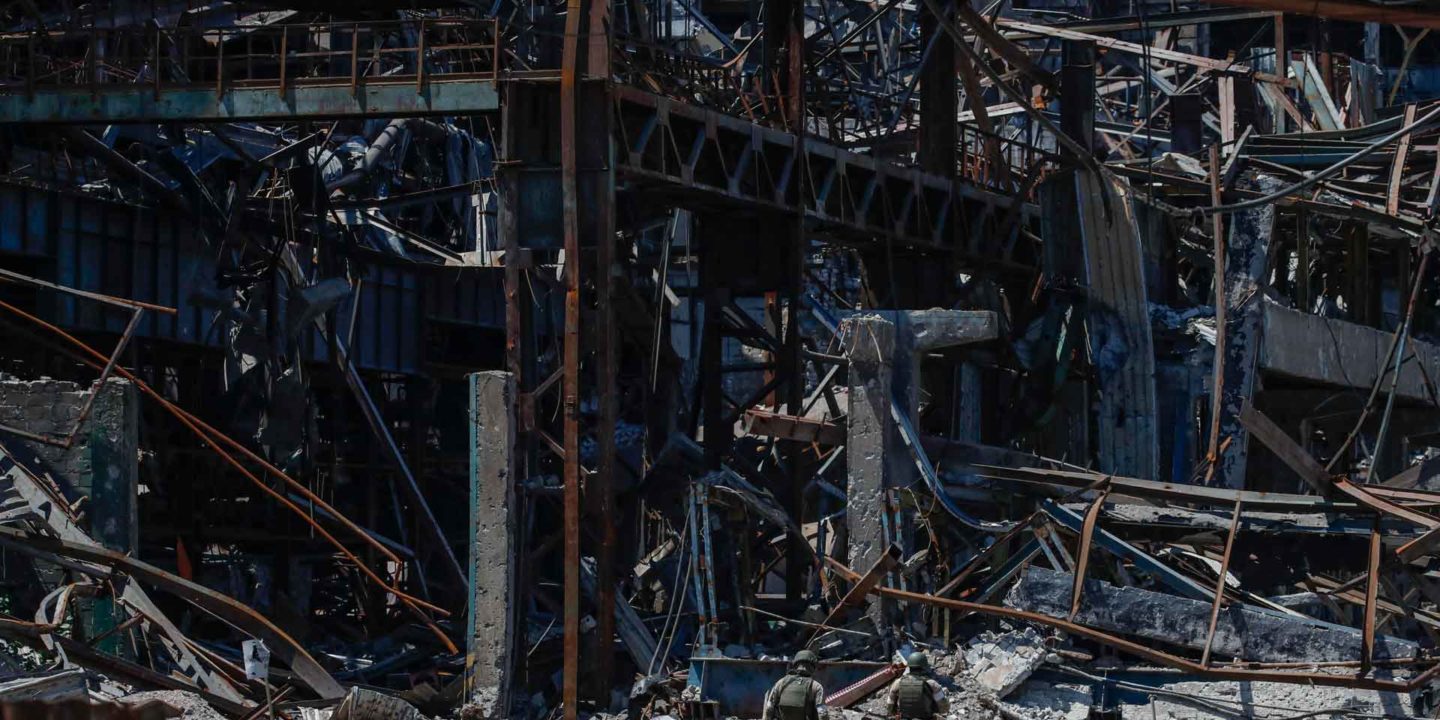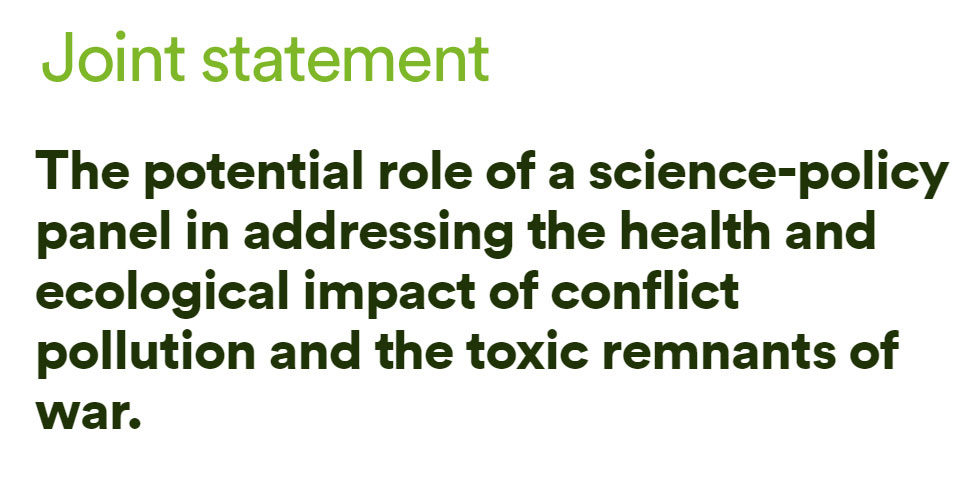Liberals and conservatives block military emissions call in European Parliament
Ellie Kinney explores how liberal and conservative MEPs blocked an initiative that would have contributed towards improving European military emissions reporting in the run up to COP27.

